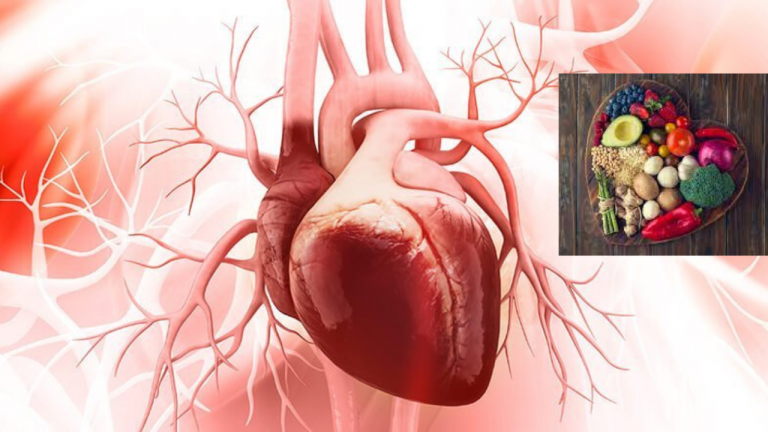Which is Good for Health, Slow metabolism or Fast Metabolism? How do you Convert Fast to Slow and Slow to Fast?

There is no straightforward answer to whether a slow or fast metabolism is better for health, as both can have advantages and disadvantages depending on individual circumstances.
Having a fast metabolism may make it easier to burn calories and maintain a healthy weight, which can in turn reduce the risk of certain health problems, such as heart disease, diabetes, and high blood pressure. However, a fast metabolism can also make it difficult to gain weight or build muscle, which can be a disadvantage for some people, such as athletes or those with certain medical conditions.
On the other hand, having a slow metabolism may make it more difficult to burn calories and maintain a healthy weight, which can increase the risk of certain health problems, such as obesity and type 2 diabetes. However, a slow metabolism can also be an advantage for some people, as it may help conserve energy during periods of fasting or calorie restriction.
In general, the most important factor for overall health is to maintain a healthy weight and balance caloric intake with physical activity, regardless of whether you have a fast or slow metabolism.
It’s not possible to change your metabolism rate permanently, as it is largely determined by genetics. However, certain lifestyle changes can help optimize your metabolism and promote optimal health. For example, regular exercise, especially strength training, can help build muscle and increase metabolism. Eating a balanced diet with adequate protein, fiber, and healthy fats can also help optimize metabolism. Additionally, getting enough sleep and managing stress can help support healthy metabolism.



